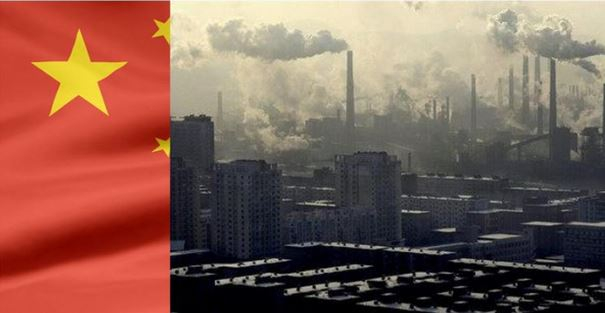China
China's diplomatic, military, economic and technological assertiveness, as well as its growing rivalry with the United States, raise certain apprehensions among its neighbors and Europeans alike.
Related Subjects


Le changement politique tente peu la classe moyenne chinoise
Michel de Grandi présente les conclusions de l'étude d'Alice Ekman sur les classes moyennes chinoises.
China’s Emerging Middle Class: What Political Impact?
This research paper argues that, contrary to what is often believed, most of the Chinese middle class appears to be politically conservative, and may not challenge the current political order as much as is expected, for several reasons; first of all, because of its strong connection to the Communist Party of China and the civil service in broader terms. Nonetheless, Chinese middle households are increasingly voicing their concern about a set of issues directly affecting them, such as pollution, either in the street or online.
What is China's vision in shaping cooperative frameworks? Interview with Richard W.X. Hu
Richard W.X. Hu, Professor in the Department of Politics and Public Administration at the University of Hong Kong, analyzed China's role in the regional economic integration process.
- What is China’s vision in shaping cooperative frameworks?
- What is China’s rationale behind setting up the Asian Infrastructure Investment Bank?
- What is your prognosis for the future of a China-Japan-Korea cooperative framework?
Click here to read the program of the conference.
China's Coming of Age on Climate Change: Just in time for Paris?
The upcoming Paris climate conference (COP21) is opening the door to a new post-2020 climate regime in which China and other large emitters will have to provide strong evidence of their domestic efforts in addressing global warming in the next century.




Faut-il avoir peur de la Chine?
A l'occasion du nouvel an chinois, Stéphanie Gallet et ses invités s'intéressent à la Chine, géant d'Asie, colosse économique et pays parmi les plus pollués au monde.
Las nuevas rutas chinas de la seda
¿Qué tienen en común el trayecto de tren más largo del mundo, el puerto del Pireo y un centro logístico en Kazajistán? ¿O Duisburgo, en Alemania, las islas Maldivas y Gwadar, en Pakistán? La respuesta es China. Todos forman parte del ambicioso concepto que Pekín ha convertido en una de las grandes prioridades de su política exterior: la formación de extensas redes de transporte, comunicaciones e infraestructuras que partan de China y, por vía terrestre y marítima, lleguen a Europa.


Support independent French research
Ifri, a foundation recognized as being of public utility, relies largely on private donors – companies and individuals – to guarantee its sustainability and intellectual independence. Through their funding, donors help maintain the Institute's position among the world's leading think tanks. By benefiting from an internationally recognized network and expertise, donors refine their understanding of geopolitical risk and its consequences on global politics and the economy. In 2024, Ifri will support more than 70 French and foreign companies and organizations.















